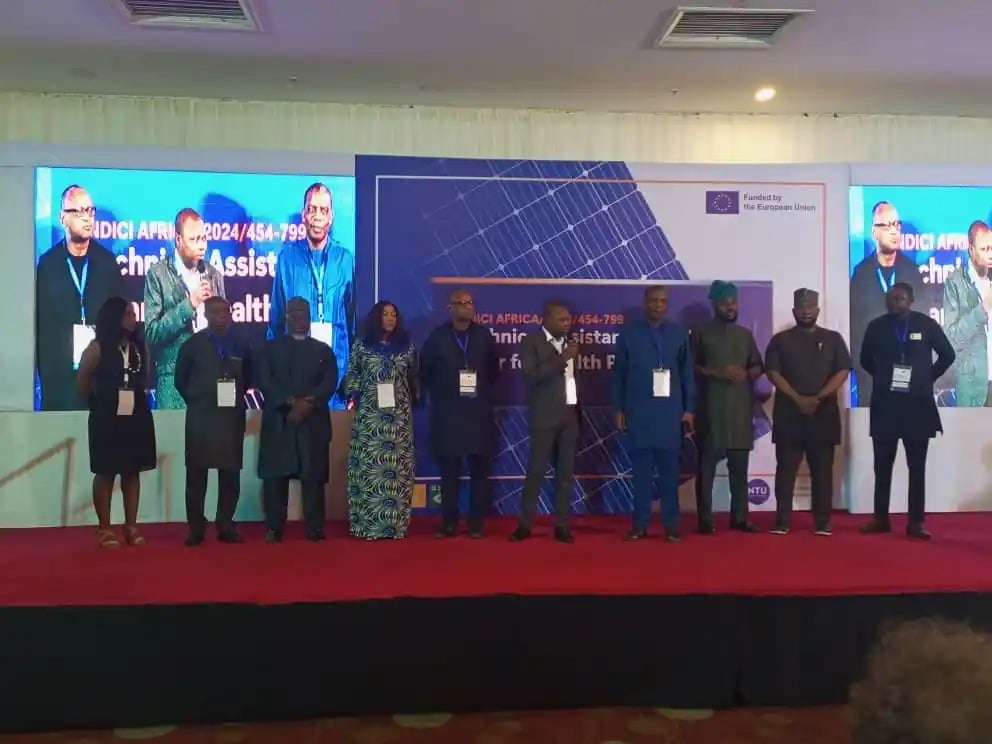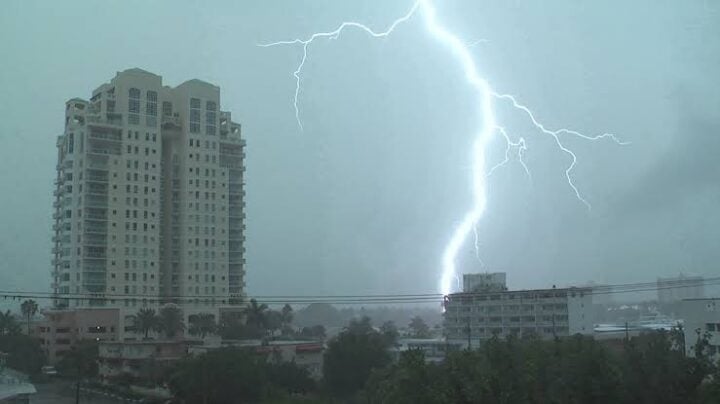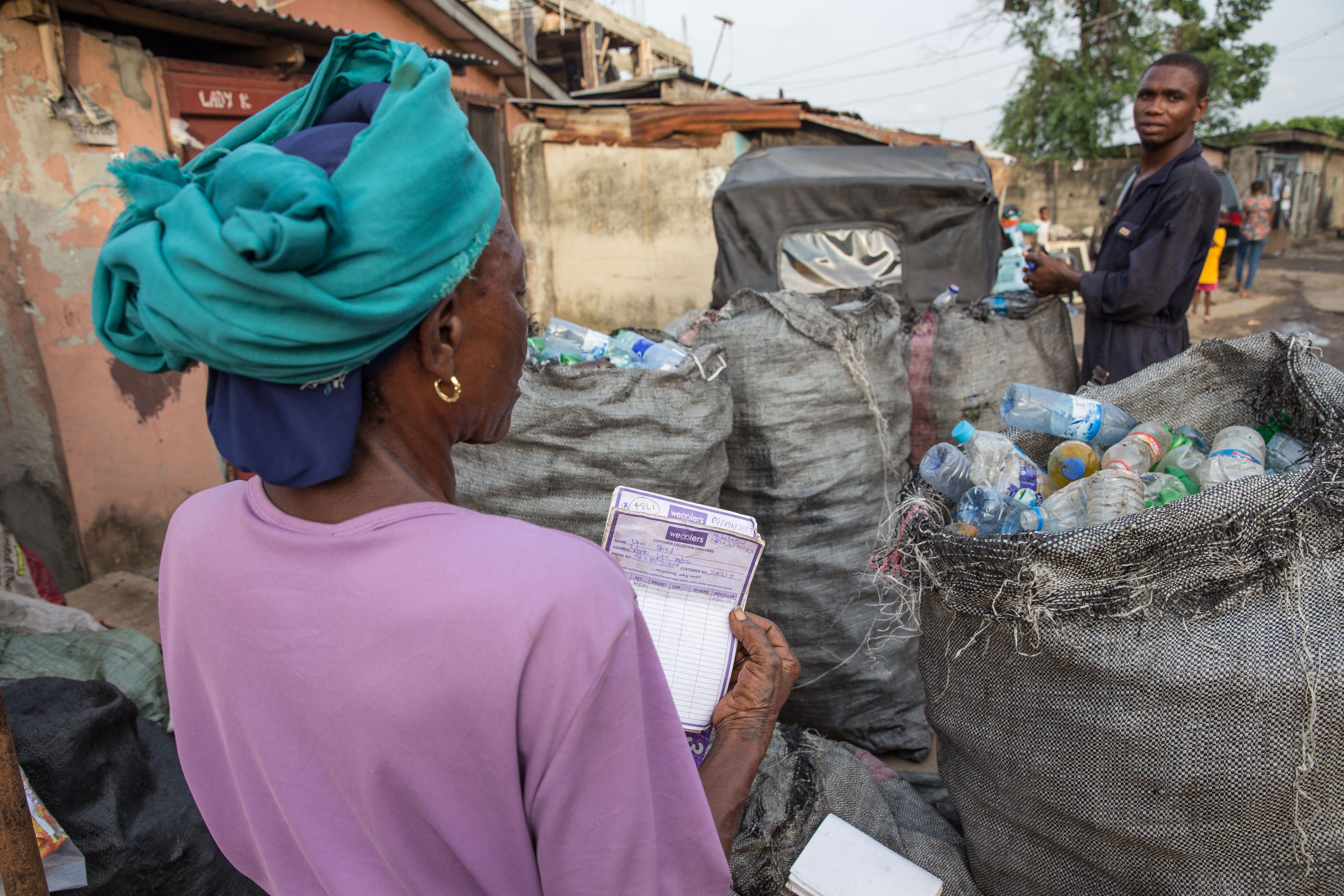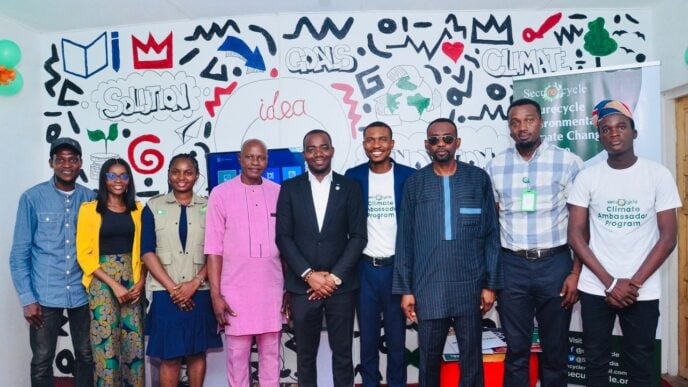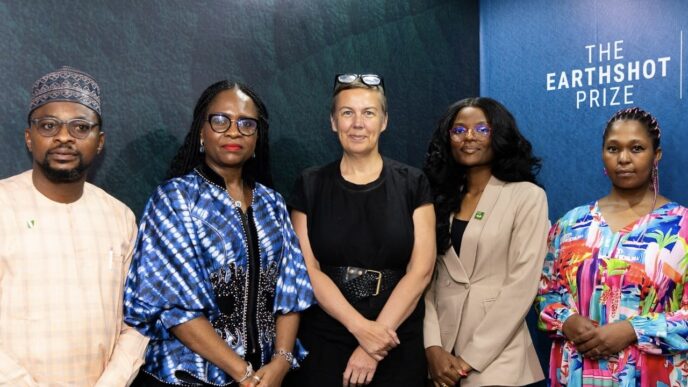Adebayo Adelabu, minister of power, has inaugurated the federal steering committee for the European Union (EU)-funded ‘Nigeria solar for health project (NISHP)’, a clean energy intervention initiative.
The NISHP which will run from 2024 to 2027 aims to bolster the country’s healthcare system by providing solar power to public health facilities in participating states.
NAN reports that Sunday Owolabi, director of renewable energy and rural access at the ministry, inaugurated the steering committee on behalf of the minister in Abuja.
The committee consists of representatives of the ministry of power, ministry of health, technical team for the project, the EU’s head of delegation, and the Rural Electricity Agency.
Advertisement
Adelabu said the ministry is committed to the electrification of healthcare facilities and small and medium-scale enterprises (SMEs) by driving reliable and sustainable power supply.
He said the ministry’s clean energy-driven innovations include the provision of affordable electricity and off-grid systems for tertiary institutions.
The minister also praised the EU for its intervention in Nigeria’s clean energy transition efforts.
Advertisement
“We are glad that the EU has decided to join us in this endeavour. Together, we can build a robust power sector that will power our health facilities, and businesses, create jobs, and propel Nigeria to new heights of economic prosperity,” he said.
“We are promoting energy efficiency measures to optimise power consumption. This includes encouraging industries to adopt energy-efficient technologies and practices, reducing waste, and lowering operational costs.
“We have provided sustainable clean energy solutions to primary and tertiary healthcare facilities.
“Under the coronavirus (COVID-19) and beyond initiatives of the Nigeria electrification project, we provided 100KW off-grid systems for 50 tertiary institutions.
Advertisement
“We have also electrified 196 PHCs as part of the economic sustainability plans of the federal government.
“We did this while implementing programmes to provide reliable and affordable power to enterprises, enabling them to scale up their operations and contribute to economic growth.
“We are fostering a culture of innovation in the power sector by supporting research and development initiatives expected to bring solutions that can enhance our power infrastructure.”
Tinyan Ogiehor, NTU International’s stakeholder manager, said the project will work with states to secure their financial commitment as counterpart funds, ensuring its long-term sustainability.
Advertisement
Ogiehor said the counterpart funds from state governments will be used for the maintenance of the deployed solar systems at healthcare centres.
“We are going to have discussions with the communities to encourage full engagements from the beneficiary states,” Ogiehor said.
Advertisement
“We are going to provide metres in all the SMEs in local communities. They will pay the prevailing tariffs for the constant electricity generated from clean energy sources.
“The funds generated will also be used for the maintenance of the solar systems. So far 10 states have approached us to seek this subscription, although we have only targeted five states.”
Advertisement
Massimo De Luca, head of cooperation for the EU and ECOWAS, noted that the project stands out because a management system would be established within the project’s healthcare system.
De Luca said: “We are going to select five states and 45 sites, and 9 PHCs per state”.
Advertisement
“This unique initiative will ensure that the infrastructure and the solutions of this project will provide a long-term solution for the provision of electricity,” he added.
The EU has committed €10.4 million to electrify Nigeria’s primary healthcare centers, providing both capital expenditure (CAPEX) and technical assistance.
Add a comment
